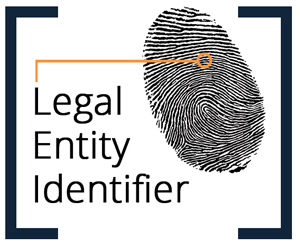– Robin Powers, Partner & James Ballard, Paralegal
The Global Market Entity Identifier Utility issues Legal Entity Identifiers (LEI) which are unique 20-digit alpha-numeric identification codes, based on standards developed by the International Organization for Standardization. Many regulatory authorities require financial market participants that engage in certain transactions to obtain an LEI. Read more about the LEI.
In the past, an entity could simply provide self-identifying information (i.e., “Level 1 Data”), but now GMEI Utility is requiring Level 2 Data – information relating to the parent companies of its registered entities, based on the accounting relationship of the entities.
This reporting requirement will permanently link data collected in relation to an entity’s LEI to all of its daughter entities. If the parent does not have its own LEI, other identifying information (parent’s legal name, address and registration authority information) is now being required. There are some exceptions or allowable reasons for opting out of providing certain information, but it is clear that LEI issuers are seeking additional scrutiny of parent companies.
Could an enterprise reorganize in order to avoid reporting by qualifying for an exclusion? Perhaps. Could contractual restrictions on disclosure allow for an opt-out? It’s possible. Could accounting and financial restructuring dis aggregate the basis for the connection? Maybe. Whatever the consequences and reactions, legal counsel should be consulted to assess the risks of providing such additional information in this context.
You should contact Robin Powers and James Ballard directly if you have questions and they have prepared a more detailed client alert you can read: Maintaining Your Legal Entity Identifier Just Got More Invasive.
Of course, if you need assistance or more information, you can always contact me, Joe Rosenbaum or any of the attorneys are Rimon Law with whom you regularly work.


